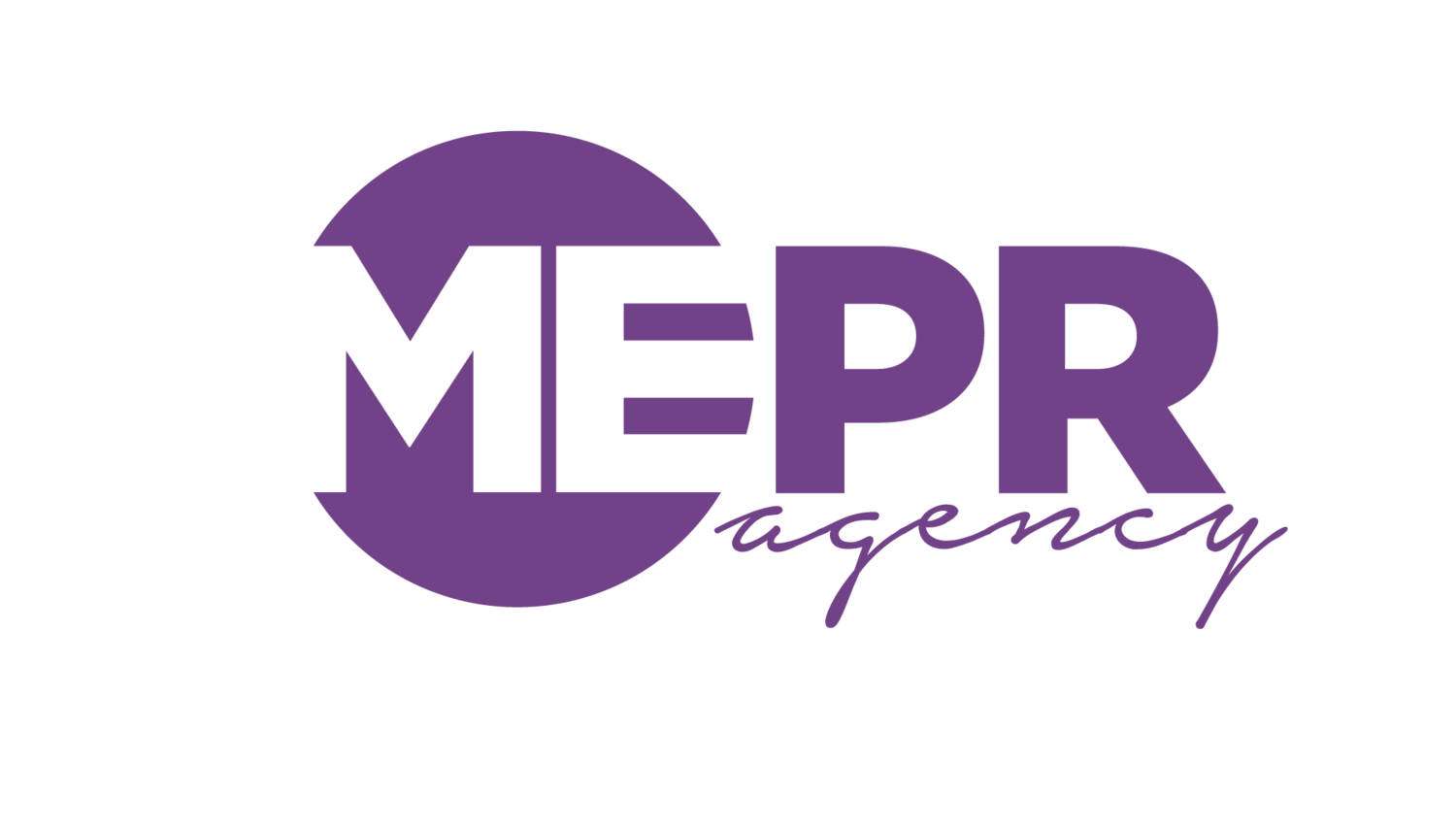Giving Tuesday: Nonprofit Fundraising for the Next Generation
by Adaiah Ludy + Kia Jarmon
For the third year we joined the Center for Nonprofit Management's Power Funders Series: Fundraising in a Digital World/Reaching the Next Generation. This workshop was designed to help nonprofit organizations evaluate their funding strategies particularly among a new generation of donors. As we embark on Giving Tuesday or giving-because-I-need-a-tax-write-off, here are some key takeaways from the session to help you reach a broader audience.
Netflix-able giving: We often go after the big, $1,000 donors, but what about the small, monthly gifts? They can add up fast. How many of us have Netflix, Spotify, Audible, or some other subscription service that we hardly think twice about each month? Five to $10 dollars a month can go a long way in your organization, so be sure to seek these types of repetitive donations. Monthly donations are also a good way to strengthen donor relations by providing an opportunity for them to see how their donation is helping each month. Then…you can encourage them to give more in the future.
Develop a Culture of Generational Giving: There are countless articles about the power of millennial money. Young adults can be a perfect target audience for monthly giving. Hosting events at local universities and developing a strong social media presence can also help you attract millennials who can become lifetime donors. However, what could be a stronger, better way to connect with a younger donor? Helping your older donors train their children and grandchildren on how to give. Think about it. Philanthropy, unless born into tons of money, has to be taught. This is where you may start a young professional or auxiliary group with mentoring provided by wiser (read: older) donor. As a business owner I am looking towards those who I can aspire to be like, at least in their giving. Make it simple for them and me.
Move a Small Gift to an Annual Windfall: Keep in touch! Donors want to know how their money is being used. Encouraging donors to volunteer and sending regular, customized updates will increase loyalty and the likelihood of bigger donations in the future. Planning for annual power days like Giving Tuesday (in November) or another date set by your organization also helps. These efforts should be thorough, however, so if you find yourself scrambling to create a campaign for Giving Tuesday, it may be best to concentrate your efforts on a bigger, more strategic plan at a later date. The end of the year is also a great time to ask donors to exceed their usual monthly or one-time gift. Capitalize on holiday sentiments like Thanksgiving, Christmas, Chanukah or other special holidays where you can make an appeal.
Mission vs Ego: At times, we may begin new initiatives to attract donors, receive a grant, or get recognition, rather than to fulfill the mission of our organization. The solution may be to scale back. Having a strategic plan for tackling a few, mission-driven goals will be more impactful in the end. Impact is ultimately what matters, especially for younger donors. Concentrated impact is more important than the list of programs.
Tell your story: You can craft a thoughtful story that communicates your mission in just a few lines. According to Evan Owens, who co-presented at CNM with me, your story should have three elements: the problem, your product, and the resolution. Clearly state the problem your nonprofit is addressing. Starting with surprising, thought-provoking stats can work well. Then, introduce your product or service as a resolution to the stated problem. In no more than two sentences, your audience should understand what your organization does and why it matters. He also recommends, and we second this notion, to look into author Ray Edwards P.A.S.T.O.R. model (google it). It will change your organization.
As we close out the year, use these steps to bolster your donations for Giving Tuesday or your annual appeal. This is also the time to begin working on next year’s fundraising strategy. After all, if there’s a problem, it’s the plan and not the platform.
If you are looking to develop ways for your organization to be more thoughtful about connecting with audiences, we'd enjoy working with you. Please contact info@mepragency.com with questions.

